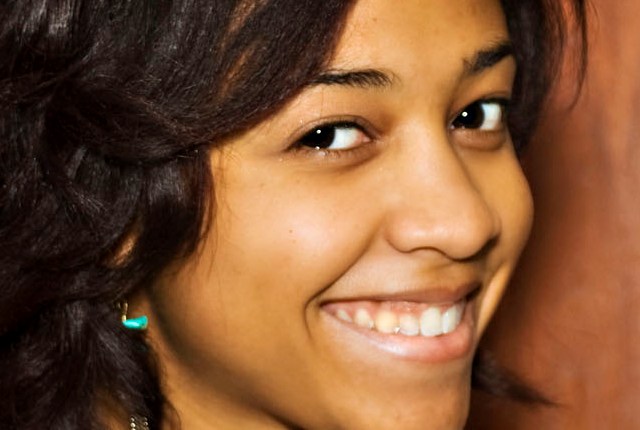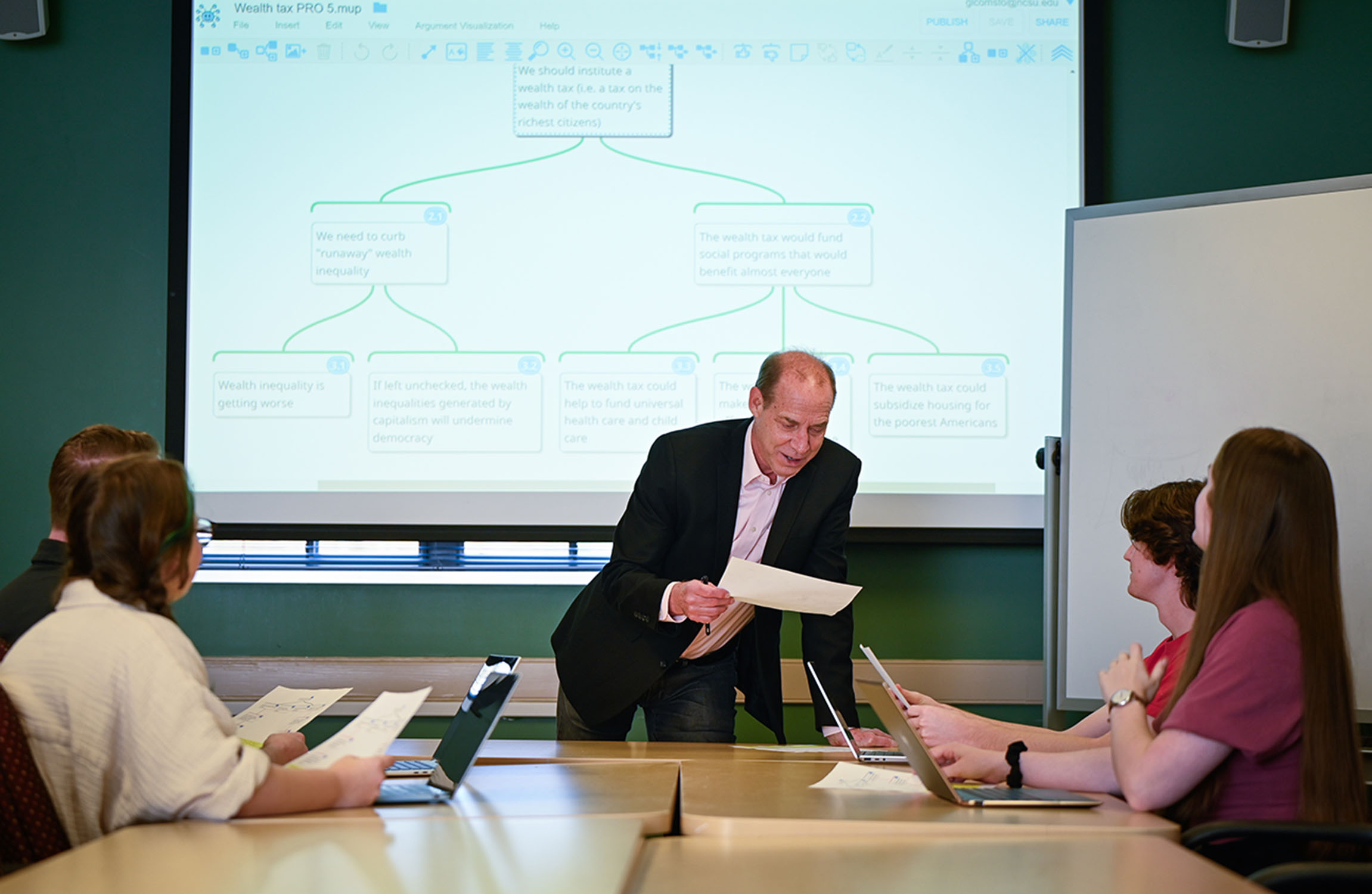Nonprofit Studies Rich in New Perspectives

 It was during an alternative service break trip to Rome that it dawned on Camille Smith: she really could build the career she wanted, one she built around serving others through development work.
It was during an alternative service break trip to Rome that it dawned on Camille Smith: she really could build the career she wanted, one she built around serving others through development work.
“I was serving the homeless at a charity called Caritas where I met people from all over the world with different backgrounds but similar struggles,” says Smith. “I started to wonder how so many people could have similar stories and how we as helping hands could relay this message to those who could make a difference, and it hit me: This is what I want to do with my life.” Smith decided to fill the missing link between those who desperately need help and those with the resources to make a change. “I found purpose,” she says.
But first, she needed more education about and experience in the nonprofit sector. So when the political science major returned to campus, she added a nonprofit studies minor to her course load.
The Institute for Nonprofits and the nonprofit minor stipulated that Smith complete an internship with a nonprofit organization. Since she was intrigued by global health issues, Smith was thrilled to land an internship with Curamericas Global, Inc., a local global health nonprofit that partners with under-served communities to improve health and well-being.
At Curamericas, Smith learned the basics of project management, the importance of having a statistics background, and why it is necessary to employ different research methods for presenting correct data to Curamericas’ partners and donors. “Having data with depth can help the organization pinpoint problem areas more easily and create a basis that may allow systemic change within that program area,” says Smith.
The nonprofit trained and certified Smith in nine different USAID public health issues, a process she says helped her understand why the nonprofit works in the way it does. “I really saw the benefits of using a community-based approach when a group is working toward a common cause,” she says.
She also learned some less tangible lessons, like how important it is to be open-minded and flexible. That it’s okay to ask a lot of questions. And to not be afraid of making mistakes. “My specific project dealt with a particular evaluation methodology that was unfamiliar to me,” says Smith. “Although I wasn’t able to figure it all out on my own, with the help of the staff and another intern, I was able to complete the project in a timely manner.”
Smith plans to pursue a master’s degree in public health and a career in public health through philanthropy and nonprofits.
By Kristie Demers, CHASS Communication Intern


